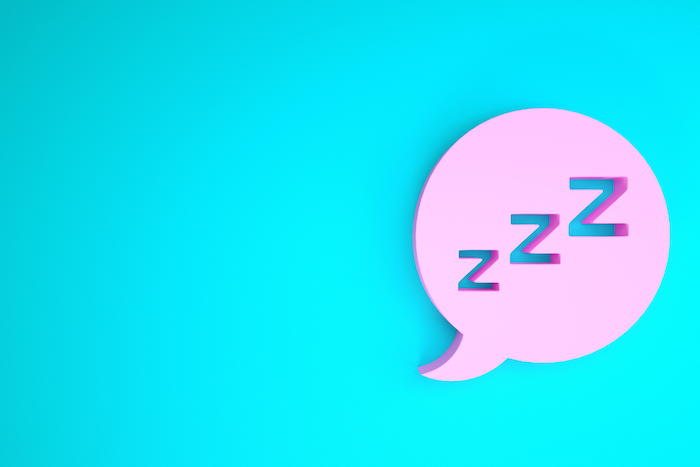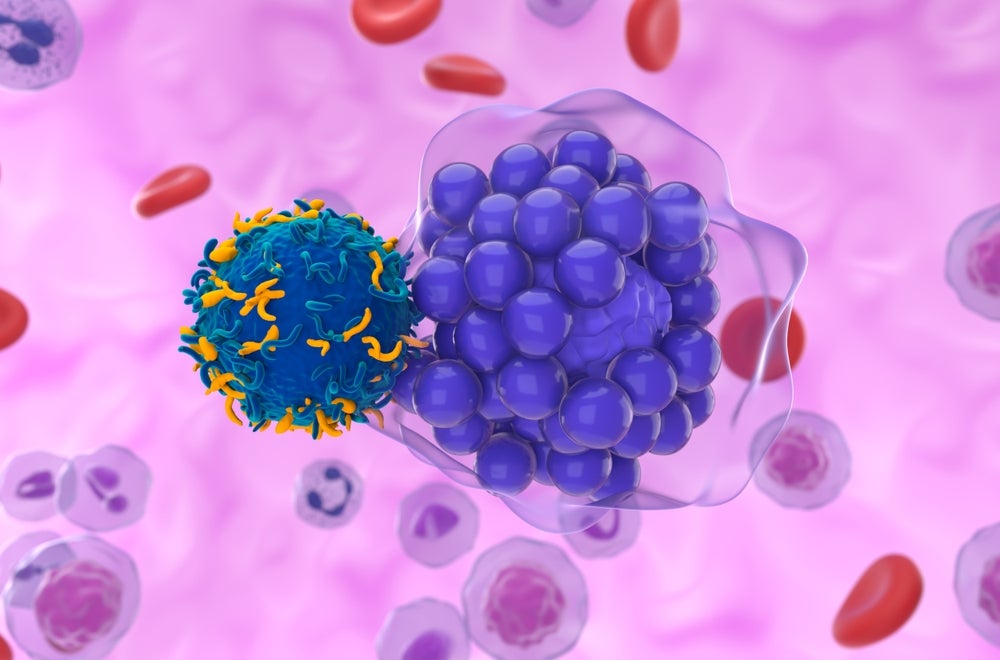Magnesium For Sleep – The Science Behind How It Helps
Some nutrients are known for boosting immunity, like vitamin C, or increasing mood, like vitamin D. Then there’s magnesium, which is known as the sleep mineral – and for good reason. When asked about a nutrient that helps with sleep, many say magnesium. You may even think of magnesium first as a natural sleep aid. […] The post Magnesium For Sleep – The Science Behind How It Helps appeared first on Purality Health® Liposomal Products.

 Some nutrients are known for boosting immunity, like vitamin C, or increasing mood, like vitamin D. Then there’s magnesium, which is known as the sleep mineral – and for good reason.
Some nutrients are known for boosting immunity, like vitamin C, or increasing mood, like vitamin D. Then there’s magnesium, which is known as the sleep mineral – and for good reason.
When asked about a nutrient that helps with sleep, many say magnesium. You may even think of magnesium first as a natural sleep aid.
Users – including reviewers of our very own Micelle Lipsomal Magnesium formula – rave about how well increasing levels of this mineral has helped their sleep.
But why?
That’s what this blog is all about! We dig into the science behind why magnesium helps you relax and enter a deep sleep moments after your head hits the pillow.
When it comes to sleep and magnesium, there are three main reasons why it helps. Let’s take a look at those, and then why researchers believe that there may be other scientific explanations as to why magnesium helps us sleep still out there to be discovered.
Hormones and neurotransmitters
 Hormones and neurotransmitters are different but act similarly in the body. How they’re created, how they travel, and how far they travel is what sets them apart. But they both send messages across systems so that tasks can be carried out and carried out properly.
Hormones and neurotransmitters are different but act similarly in the body. How they’re created, how they travel, and how far they travel is what sets them apart. But they both send messages across systems so that tasks can be carried out and carried out properly.
Magnesium is one of the nutrients that is essential for human health for many reasons, one of those reasons being that it’s responsible for producing and regulating key hormones and neurotransmitters.
These hormones and neurotransmitters, created by magnesium, support everything from blood sugar to thyroid health, but also sleep.
By doing so, magnesium activates the parasympathetic nervous system. This is the system responsible for getting you into a calm and relaxed state. [1]
Magnesium also regulates melatonin. This is a key hormone that guides the sleep-wake cycle in your body, helping you to drift off to sleep when you lay in bed at night. [2]
Additionally, magnesium binds to gamma-aminobutyric acid (GABA) receptors. GABA is an important neurotransmitter for quieting down nerve activity, so instead of thinking about this or that as you’re trying to fall asleep, your mind can become calm and allow you to fall asleep much easier. [3]
Through regulating and interacting with these important messengers within your body, magnesium allows you to feel mentally calm and at peace when you lay your head down to go to sleep.
Restless legs and muscles
Then what about your body? Sometimes, our brains can feel tired and ready for sleep, but our bodies just can’t seem to get the message.
A major example of this that many people struggle with is restless legs syndrome. This is the feeling that your legs can’t get comfortable and you have the urge to keep moving them. It’s like the muscles are begging to be worked. While this happens commonly in the legs, it can happen to other muscles too, like in your arms.
Thankfully, magnesium also relaxes your muscles.
In your muscles, calcium binds to certain proteins to help generate a contraction and keep your muscles moving. When your muscles want to relax, magnesium binds to these proteins instead, essentially blocking the calcium. However, if you don’t have enough magnesium, then your muscles will be stuck wanting to contract instead of being able to relax. [4]
As such, magnesium is commonly recommended to treat muscle cramps, spasms, or restlessness. [5]
If you find that your muscles stop you from being able to relax once you’re in bed, it could be due to a shortage of magnesium. Increasing levels may be the simple fix you’re looking for.
Stress and relaxation
 Maybe your brain can relax a bit, and even your body too, but there’s just too much going on in your life to stop the racing thoughts in your brain when you get into bed, and you can’t seem to achieve proper rest.
Maybe your brain can relax a bit, and even your body too, but there’s just too much going on in your life to stop the racing thoughts in your brain when you get into bed, and you can’t seem to achieve proper rest.
Even if you’re not experiencing anything particularly traumatic, you can still feel high stress at the end of the day. This is due to a build-up of the stress hormone, cortisol.
When you’re met with stressors throughout the day – traffic, work, bills – cortisol is constantly being released into your body. This hormone not only makes you feel stressed, but it keeps your body in an awake, restless state. So, if you have a lot of leftover cortisol from the day coursing through your body, it’s going to be difficult to relax.
This is where magnesium comes in.
As mentioned above, this mineral can help with hormone regulation. Thankfully, this includes removing excess cortisol from the body, so that you can get out of that stressed state and into a relaxed state. [6]
If you feel too stressed or worried come bedtime, try lowering levels with a healthy dose of magnesium every day.
Deficiency
What’s interesting is that there may be other factors related to magnesium and sleep that we don’t fully understand yet. All we know for sure is this: those who have low levels of magnesium struggle to sleep properly.
For example, studies have shown that those with low levels of magnesium can experience troubled sleep and even insomnia. [7]
Groups more likely to be low in magnesium include those with digestive issues, people with diabetes, anyone who consumes alcohol regularly, and older adults. [8]
If you’re in any of the above groups, your magnesium levels may be low, and your sleep may be suffering as a result.
Ready to be a good sleeper?
You don’t have to accept that you’re always tired.
Being refreshed, energized, and renewed every morning is possible for you to achieve.
It may just come down to restoring your magnesium levels.
Things that drain magnesium from your body include:

 Too much caffeine
Too much caffeine
 Drinking alcohol
Drinking alcohol
 Processed foods
Processed foods
 Stress (which is like a vicious cycle, as low magnesium causes stress)
Stress (which is like a vicious cycle, as low magnesium causes stress)
 Certain medications
Certain medications
If you’re sleeping poorly at night…
Especially if you’re affected by any of the above…
It’s time to take control of your magnesium levels.
Purality Health’s Micelle Liposomal Magnesium gives you a FULL dose of magnesium every single day in a delicious liquid formula (vanilla flavored  ).
).
The best part? It’s in a highly absorbable form, so your body actually takes in and uses this crucial mineral.
>>> See real reviews, ingredients, and how you can SAVE on a box today by clicking here
The post Magnesium For Sleep – The Science Behind How It Helps appeared first on Purality Health® Liposomal Products.
What's Your Reaction?
































